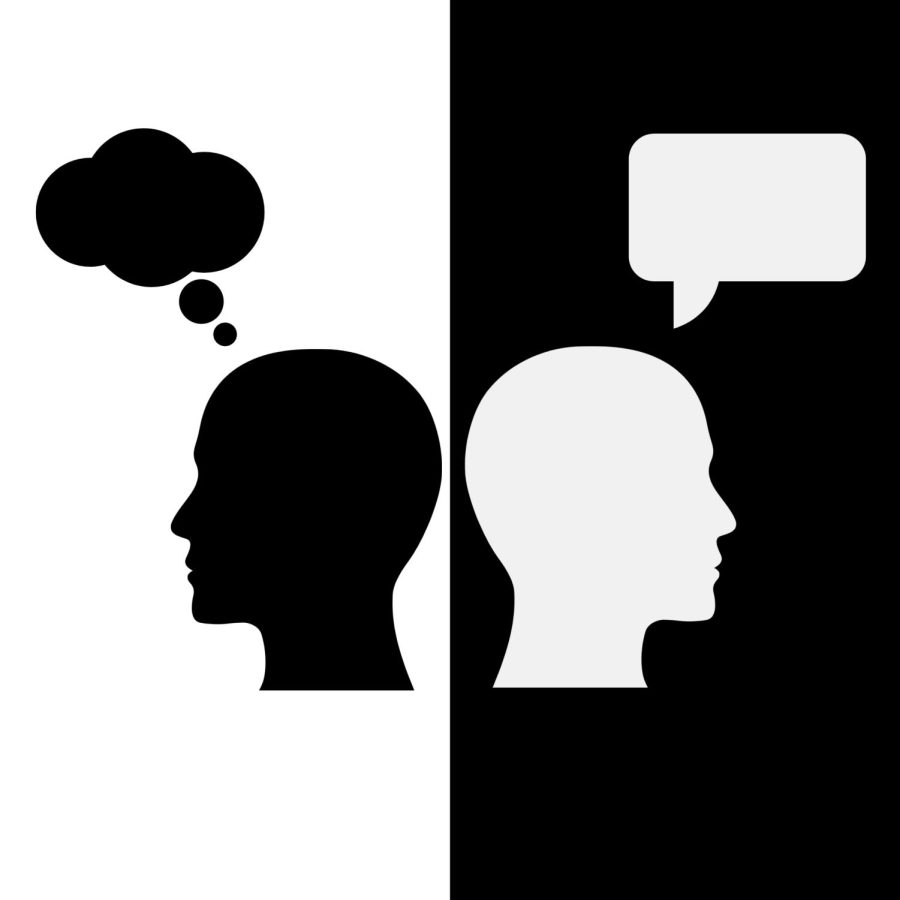The brain of an introvert vs an extrovert
Introverts gain energy by themselves and have interests directed towards thoughts and feelings. Extroverts gain energy around people and have interests directed towards people and the outside world.
October 26, 2021
Attempting to make the best out of my teenage years can be especially hard when I cannot enjoy the simplest things, such as a football game, because I feel overwhelmed.
I know that many other teens struggle with this and for years, the media has painted the idea of adolescence being a time of partying and going to other social occasions. This portrayal of what being a teenager should look like often makes me feel as if I am missing out on a vital stage of my life when I stay at home on friday nights. By becoming aware of the fact that there are uncontrollable cognitive aspects in the brain that cause this difference in thinking, I hope that people like me may be more accepting of themselves.
The first thing that needs to be understood is which chemical is the reason for the difference of emotions associated with stimulus between extroverts and introverts. According to a study conducted by Cornell University neuroscientists, extroverts are seen to have a higher sensitivity to dopamine, which means that reactions to stimuli are often associated with “reward feelings.” In other words, dopamine is released more frequently in extroverts, which results in more positive reactions to stimuli. This indicates the reason why extroverts are less reluctant to converse with people and react to new situations.
Another quality of the body that makes a difference is the nervous system. There are two distinct sides that make up the overall nervous system, called the sympathetic side and the parasympathetic side. The sympathetic side is responsible for the body’s “flight or fight” response, which releases adrenaline and high amounts of oxygen to different parts of the body. This causes thinking mechanisms to slow down and increases alertness. The parasympathetic side however, causes muscles to relax, energy to be stored and metabolized and blood flow to the front of the brain to increase. Researchers have found that while everyone uses both sides of the nervous system, extroverts tend to prefer the sympathetic side, which is why they respond quickly, and introverts tend to prefer the parasympathetic side, which is why they tend to be calmer and are more calculated before responding.
Studies of the brain have also shown that there is a difference in the prefrontal cortexes of introverts and extroverts. They show that introverts have thicker prefrontal cortexes which are associated with deeper thinking and planning. This suggests that introverts may be less impulsive than extroverts, but it also suggests that introverts are more prone to anxiety and depression.
While one type may be more desirable than the other in a given situation, both introverts and extroverts are valuable assets to every part of society. It is also important to note that they do not define one’s self worth, and people should not feel bad if they are not able to be like one or the other.









